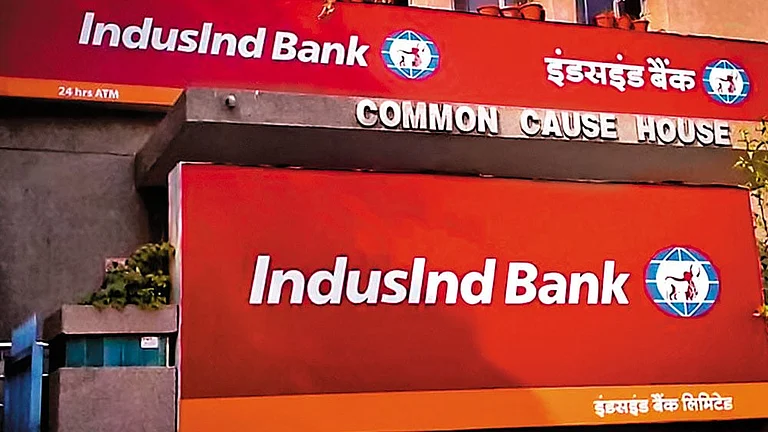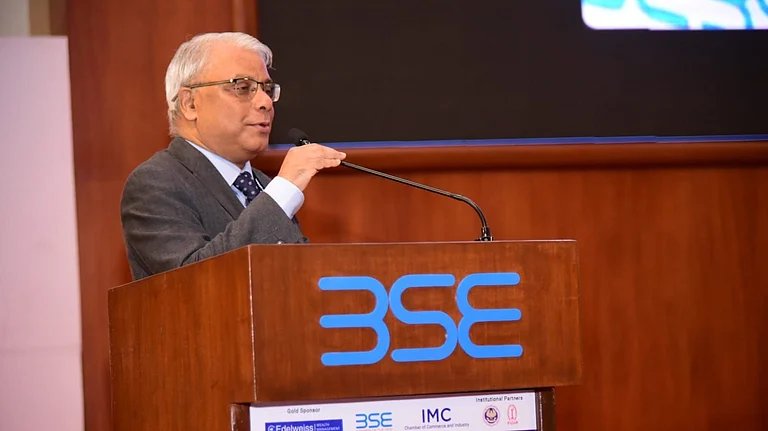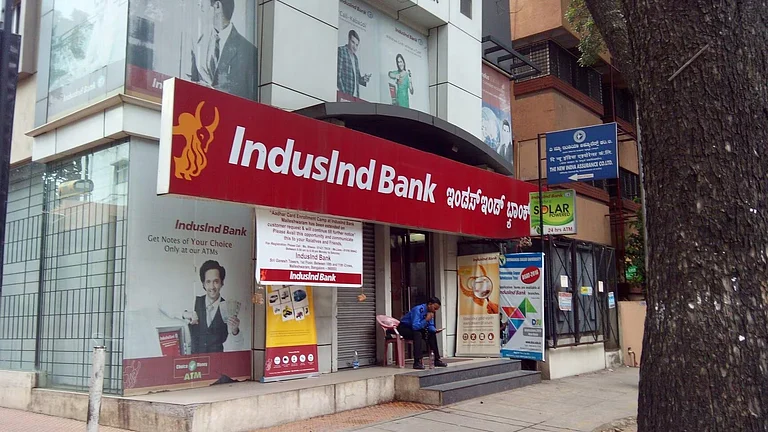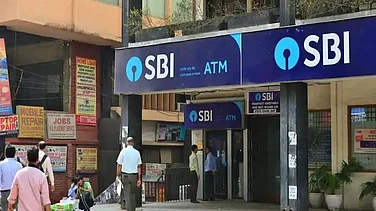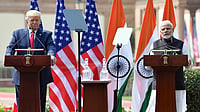Months before IndusInd Bank disclosed an accounting lapse in its derivatives portfolio, it had engaged two of the "Big Four" accounting firms—KPMG and EY—to review its practices.
According to a report by The Economic Times (ET), in early 2024, IndusInd Bank hired KPMG and EY to assist with an internal review of its treasury operations and accounting procedures.
The report, citing a senior banking official, stated that KPMG worked closely with the bank's finance department to help implement a newly updated accounting framework for derivative instruments. This framework, issued by ICAI (Institute of Chartered Accountants of India), provides guidance on how banks should record and report complex financial instruments like derivatives.
Meanwhile, EY reportedly supported the bank’s internal audit team in reviewing the treasury division for the financial year 2023–24. Their role was to identify regulatory and operational risks, highlight weaknesses, and assess the effectiveness of the bank's internal controls and governance mechanisms.
The "Big Four" consultants reviewed various financial instruments, including forex products and exchange-traded derivatives.
According to the ET report, by July 2024, the internal audit team—assisted by EY—shared its findings with senior departments. While there were some concerns about deal authorisation and valuation methods, "no issues" were flagged regarding the bank’s official derivatives policies, the report said. KPMG also advised the finance team on updates needed to comply with the new ICAI standards.
However, in March 2025, IndusInd Bank revealed it had discovered accounting discrepancies in its currency derivatives going back at least six years. The estimated impact was around Rs 2,100 crore—about 2.35% of the bank's net worth.
How Did Derivatives Losses Go Unchecked?
IndusInd Bank had used internal trades to hedge forex loans by making deals between internal teams. One team handled client exposure, while the trading desk took on the risk and hedged it externally. External trades were marked to market (valued daily based on market prices), affecting profits and losses. Internal trades, however, followed a method called "swap valuation," which did not reflect market changes and instead impacted the bank's assets. This mismatch temporarily boosted reported income while masking real losses, which only became visible when the trades matured or were closed.
On March 20, following directions from the RBI, IndusInd appointed another "Big Four" firm—PwC—to investigate the root cause of the discrepancies. PwC’s role was to assess the accuracy of the accounting treatment for the derivative contracts under current standards and to identify any lapses.
The bank also engaged Grant Thornton Bharat (GT) to conduct a forensic audit to uncover how the accounting discrepancy went unnoticed for so long.
Earlier, a PTI report said that PwC would submit its report by March 4; however, IndusInd denied this claim.










